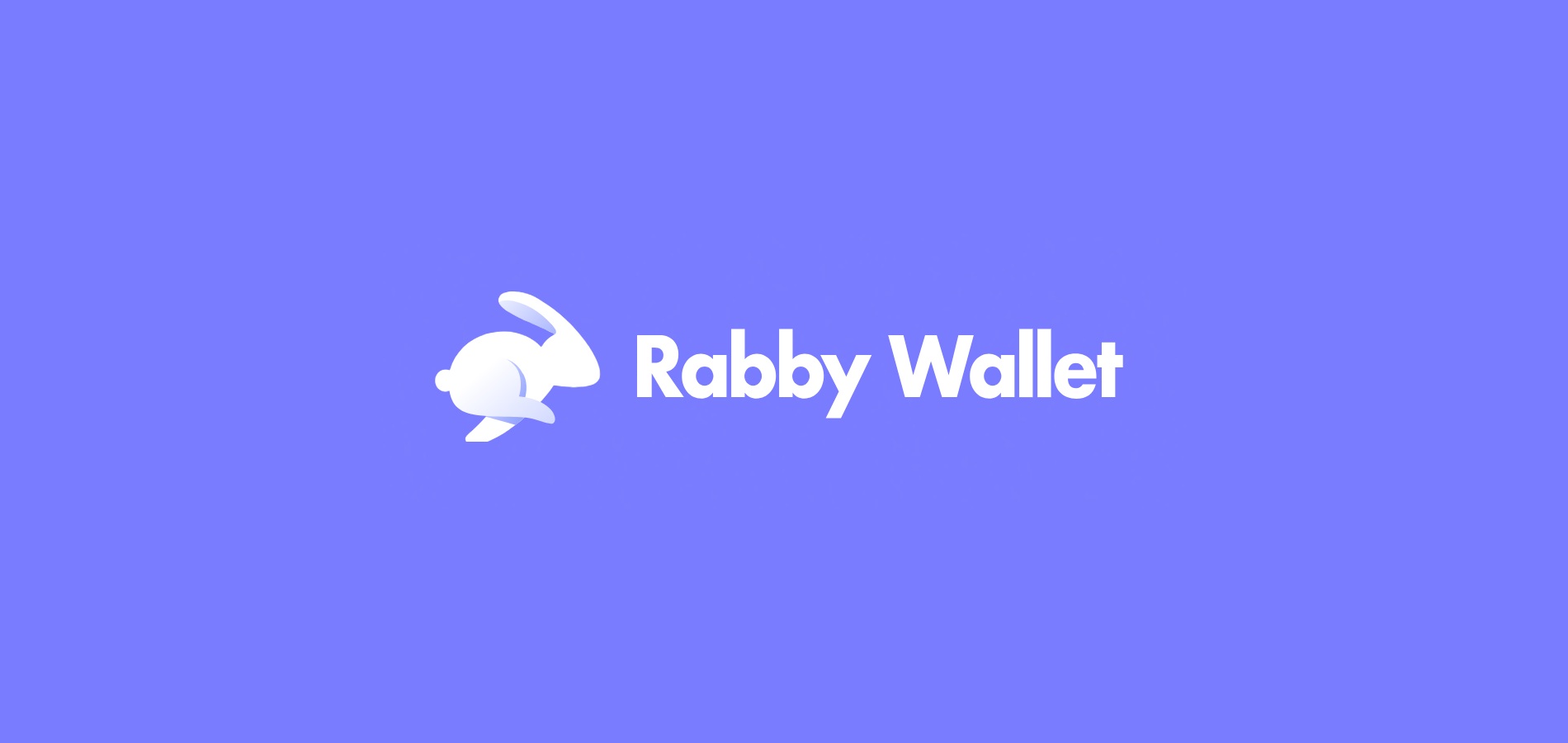Okay, so check this out—wallets aren’t just storage anymore. They’re your gateway to DeFi, NFTs, and all the wild stuff happening on blockchain. I remember when I first tried to juggle multiple chains on one browser extension, it felt like walking a tightrope without a net. Seriously, security and efficiency are tightly intertwined, and if either slips, you’re toast.
Browsers make it convenient, but also expose wallets to sneaky vulnerabilities. My gut said something was off about a few popular extensions—too many permissions, sketchy transaction pop-ups, and weird gas fee spikes. At first, I thought all this was just the price of convenience. But then I dug deeper.
Here’s the thing: a wallet’s security audit isn’t just a checkbox for devs. It’s a living, breathing necessity that can save you from losing your crypto—and not in some abstract way. Real people get hacked because of sloppy audits or ignoring gas optimization, which leads to failed or costly transactions. It’s messy, trust me.
Now, I’m biased, but if you’re dealing with multiple chains, you want a wallet that’s transparent and battle-tested. The rabby wallet extension has been on my radar for this reason—it’s built with a clear focus on security and smart gas handling, which is a rare combo.
Whoa! You might wonder, “Gas optimization? What’s that got to do with wallet security?” Well, a lot. Gas fees are the lifeblood of blockchain transactions. If your wallet handles them inefficiently, you’re either overpaying or risking transaction failure. Both scenarios stink.
Security Audits: More Than Code Reviews
At first, I thought audits were just about finding bugs. But actually, they’re about understanding how your wallet interacts with all the moving parts—smart contracts, browser APIs, user behaviors. For example, a wallet extension must ensure private keys never leak, even if the browser’s compromised. That’s a tall order.
On one hand, some audits focus purely on code, ignoring UX risks or third-party integrations. Though actually, a wallet like rabby wallet extension takes a holistic approach, testing across chains and simulating real-world attack vectors. That’s huge because your wallet isn’t operating in a vacuum—it’s part of a complex ecosystem.
My instinct said: “If your wallet can’t handle cross-chain transactions securely, it’s basically a ticking time bomb.” I’ve seen users lose funds to phishing attacks that exploited extension vulnerabilities, or get stuck with stuck transactions due to poor gas estimation.
Yeah, and by the way, audits aren’t one-and-done events. They need continuous updates as new threats emerge and protocols evolve. I can’t stress this enough—wallet devs ignoring this are asking for trouble.
Gas Optimization: The Unsung Hero
Gas fees are like highway tolls—you want to pay just enough to get there fast, but not burn a hole in your wallet. If you’re new to DeFi, you might not realize how a few gwei here and there add up, especially when you’re swapping tokens or interacting with DeFi protocols multiple times a day.
Here’s a quick story: I once tried a wallet that estimated gas fees very very conservatively. I ended up paying double what I needed, and it slowed down my whole workflow. That bugs me because efficiency should be baked in, not an afterthought.
Some wallets use static gas pricing, which is outdated. The better ones, like the rabby wallet extension, leverage real-time gas tracking and even suggest optimal fees based on network congestion. That reduces failed transactions and saves you money. It’s not rocket science, but it requires dedication and smart coding.
Hmm… I guess what surprises me is how many supposedly “advanced” wallet extensions still neglect this. Maybe they focus on flashy features or UI glam rather than the gritty backend stuff that really matters.
And yes, sometimes this optimization involves trade-offs. For example, ultra-aggressive fee cutting might delay your transaction or get it stuck. So a fine balance is critical—and that’s where system 2 thinking kicks in for wallet developers.
Why Browser Extensions? The Double-Edged Sword
Browser wallets are convenient. You open your browser, click a button, and boom—you’re connected to your favorite dApp. But browsers are also a playground for hackers—malicious extensions, cross-site scripting, you name it. I’m not saying avoid browser wallets, but you gotta be extra cautious.
Here’s what bugs me about many browser wallets: they ask for full access to your browsing data or inject scripts too broadly. That’s a recipe for disaster. The rabby wallet extension stands out by limiting permissions strictly to what’s necessary, reducing attack surfaces.
Initially, I thought browser-based solutions were inherently risky compared to hardware wallets. Actually, wait—let me rephrase that. Hardware wallets are great, but they don’t replace the need for secure, efficient browser wallets, especially in the DeFi space where speed and usability matter.
Plus, a well-audited browser wallet with smart gas strategies can actually minimize common risks. It’s about layering your defense—security audit, gas optimization, minimal permissions, and proactive updates.

Final Thoughts: What Should You Look For?
So yeah, if you’re hunting for a multi-chain browser wallet, don’t just chase the flashiest UI or the biggest marketing hype. Dig into their security audit history, gas fee management, and how they handle browser permissions. You want a wallet that feels as safe as a vault but also flexible enough to keep up with your DeFi moves.
For me, the rabby wallet extension ticks many of these boxes—transparent audits, smart gas optimization, and a minimalist permission model. It’s not perfect, but it’s a solid step in the right direction.
Honestly, wallets are the front door to your digital assets. And just like you wouldn’t leave your house unlocked or pay way too much toll on your daily commute, you shouldn’t settle for anything less than secure, efficient, and user-conscious wallet tools.
Something felt off about many wallets I tried before, and thankfully, solutions like rabby are changing that narrative. If you haven’t checked it out yet, give it a look—could save you a headache or worse.